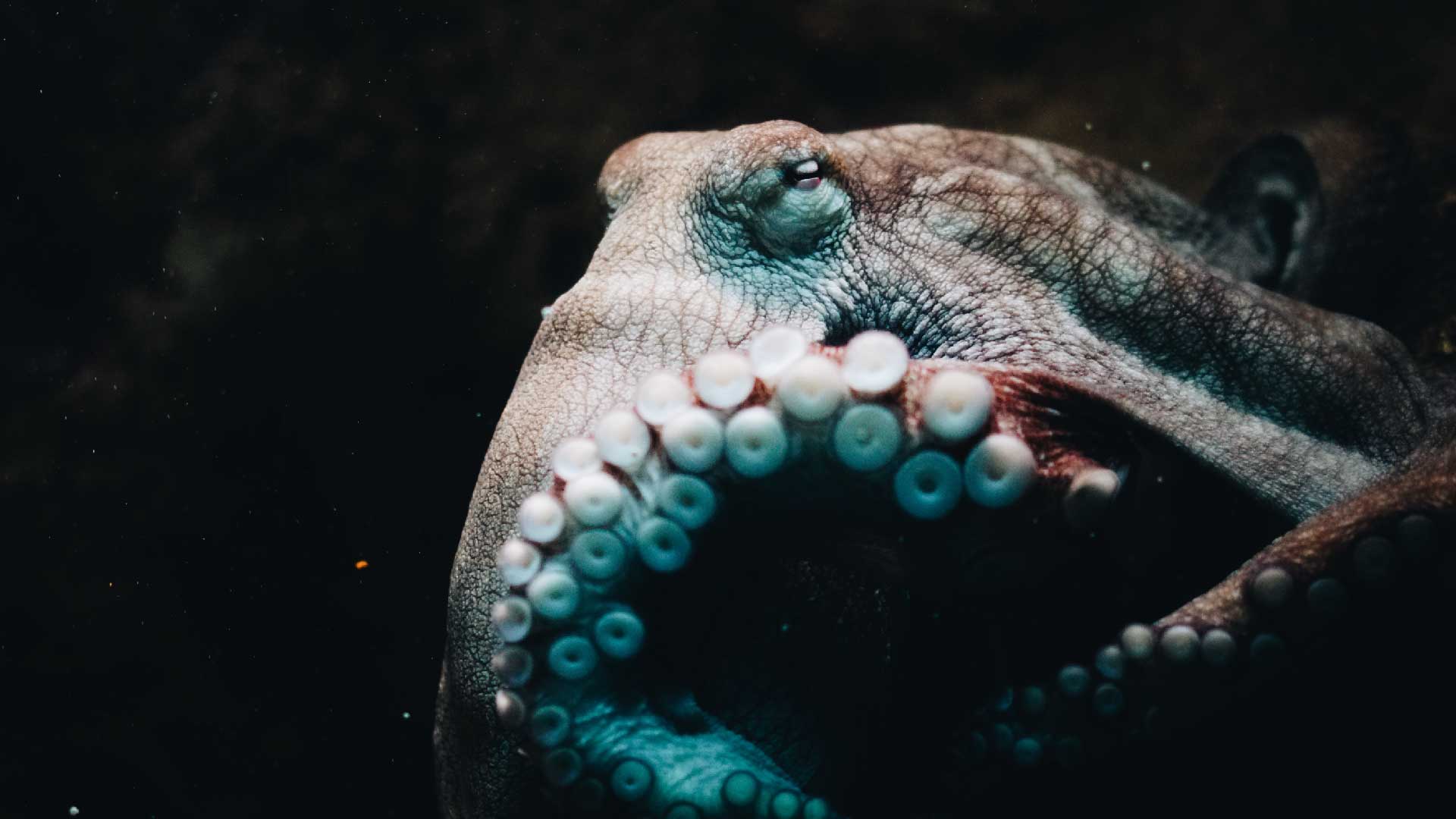Octopuses are exceptionally intelligent. So much so that the European Union identifies them as honorary vertebrates. Over the years we have learned many things about them that seem to justify this recognition. In 2016, an octopus named Inky made a daring escape out of the National Aquarium of New Zealand. He is believed to have squeezed through a slit at the top of his tank, climbed down more than 6 feet to the floor, and walked across the room to a narrow drain pipe which he traversed to get to the ocean.
Now, a study by a group of researchers led by Sylvia Medeiros, suggests that octopus sleep cycles are surprisingly like vertebrate sleep cycles. Researchers used video recordings of 4 octopuses to distinguish different states of alertness.
Among the states identified, two resembled sleep. During “Quiet sleep”, pupils of the eyes narrowed to a slit and body-color remained pale. The animal also showed slow random movements of suckers and arm tips. This state resembles non-REM sleep in vertebrates. During “Active sleep”, the animal moves eyes and suckers vigorously. Skin color and texture change continuously and the whole body twitches. This state resembles REM sleep in vertebrates.
It is fascinating that the octopus brain which is so unlike the brains of mammals, birds, and reptiles passes through identical cycles of Quiet sleep to Active sleep to Alert state. Read more about the study here.








